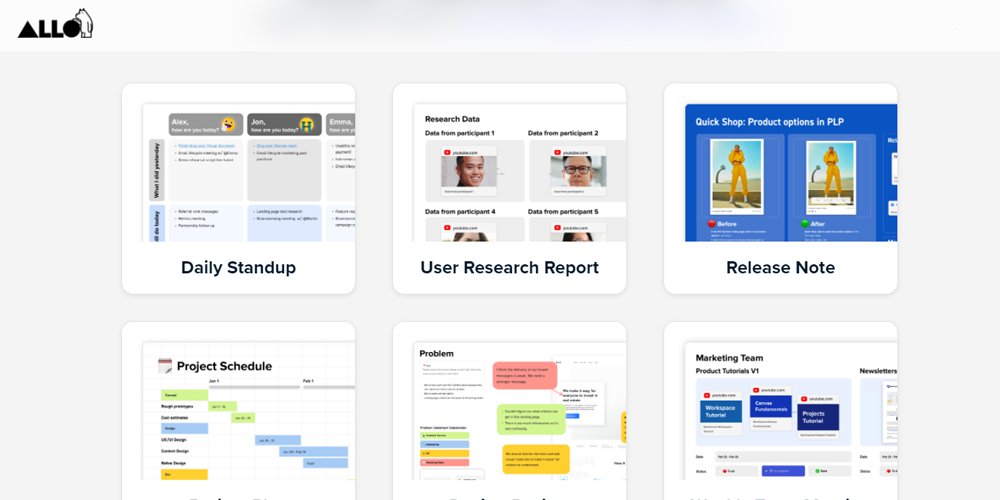With great technology comes great government hearings. Apple has long been known for its heavily encrypted software and Facebook has started to work to offer encryption in its messaging service. Recently, these companies have once again met with lawmakers in an ongoing debate about privacy.
The government wants tech companies to create a way for agencies to access encrypted messages. And as you might expect, tech companies aren’t too pleased.
What does this mean? Well, all those embarrassing photos and personal conversations could be available for the government to see. Worse, it might not just be the government that has access. Facebook executives argue that the creation of a backdoor will make it easier for anyone, like criminals or foreign governments, to break into your encrypted messages.
Speaking of foreign governments, there have been cases where more restrictive governments, like China, have actually worked to censor messages sent through less private apps like WeChat. Giving the government access to our information – essentially additional surveillance – could even be dangerous.
As far as companies like Facebook or Apple are concerned, they’re protecting the privacy of their customers. There’s truth to that, too. We all have some sort of information stored on our devices we’d prefer remain out of the hands of others.
But the average Facebook user, who might want to keep pictures of their baby private, isn’t the only person using the technology. Human trafficking, drug cartels, violent crime – these are all activities that are often coordinated on technology.
With such intense encryptions, however, it can be difficult to break into systems. This can down law enforcement. At its most extreme, encrypted services are keeping us from catching people like child pornographers. And it’s such a concern that there is bi-partisan insistence that something must be done.
To be fair, Facebook executives admit that the situation is complicated. Sure, nobody wants human trafficking to continue to occur simply because we can’t hack a system. But on the other hand, we don’t want devious individuals to have access to our information either.
Is the potential to catch more criminals worth weaker protections of our information? Are corporations responsible for solving these complicated problems? What do you think?
Brittany is a Staff Writer for The American Genius with a Master's in Media Studies under her belt. When she's not writing or analyzing the educational potential of video games, she's probably baking.









































